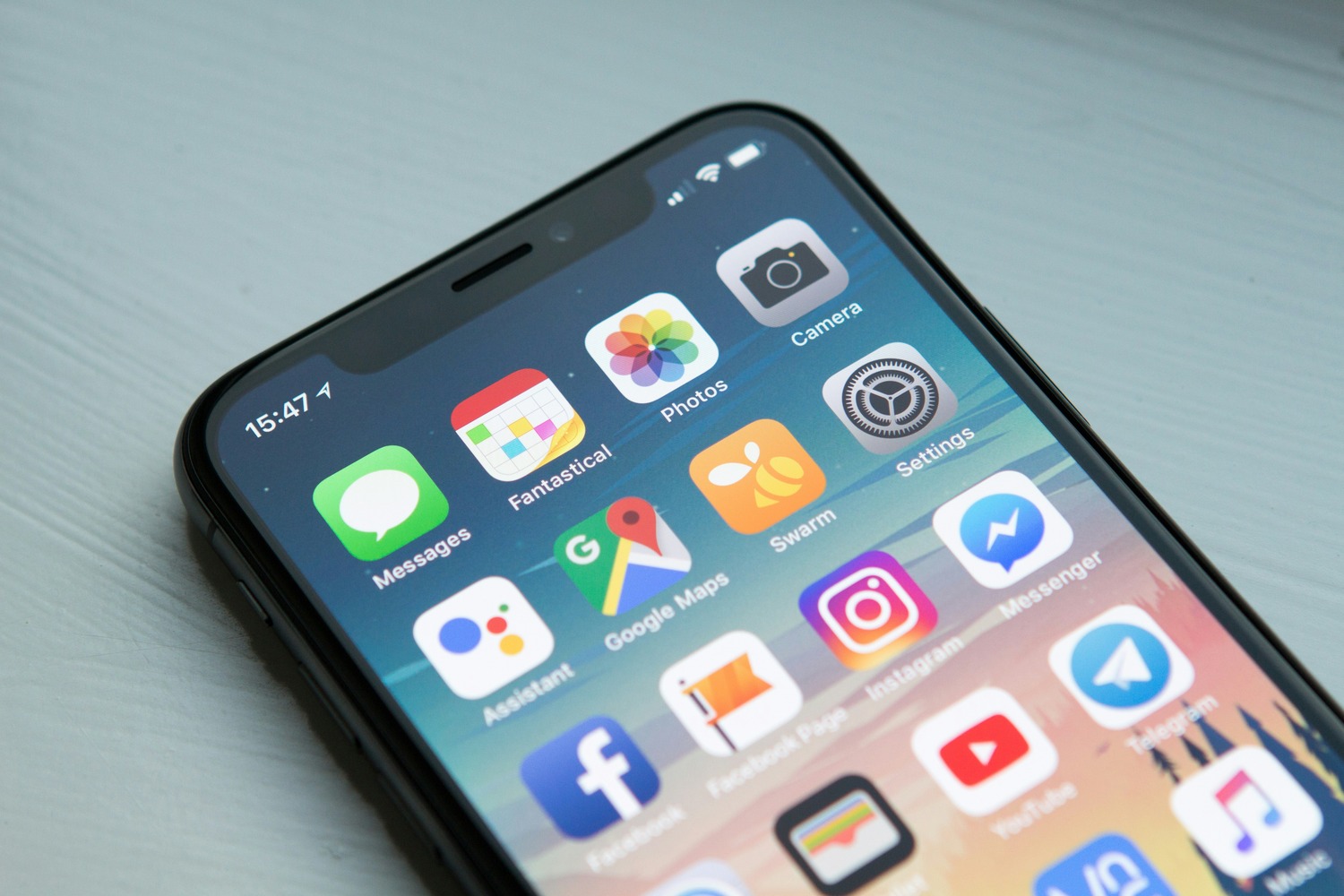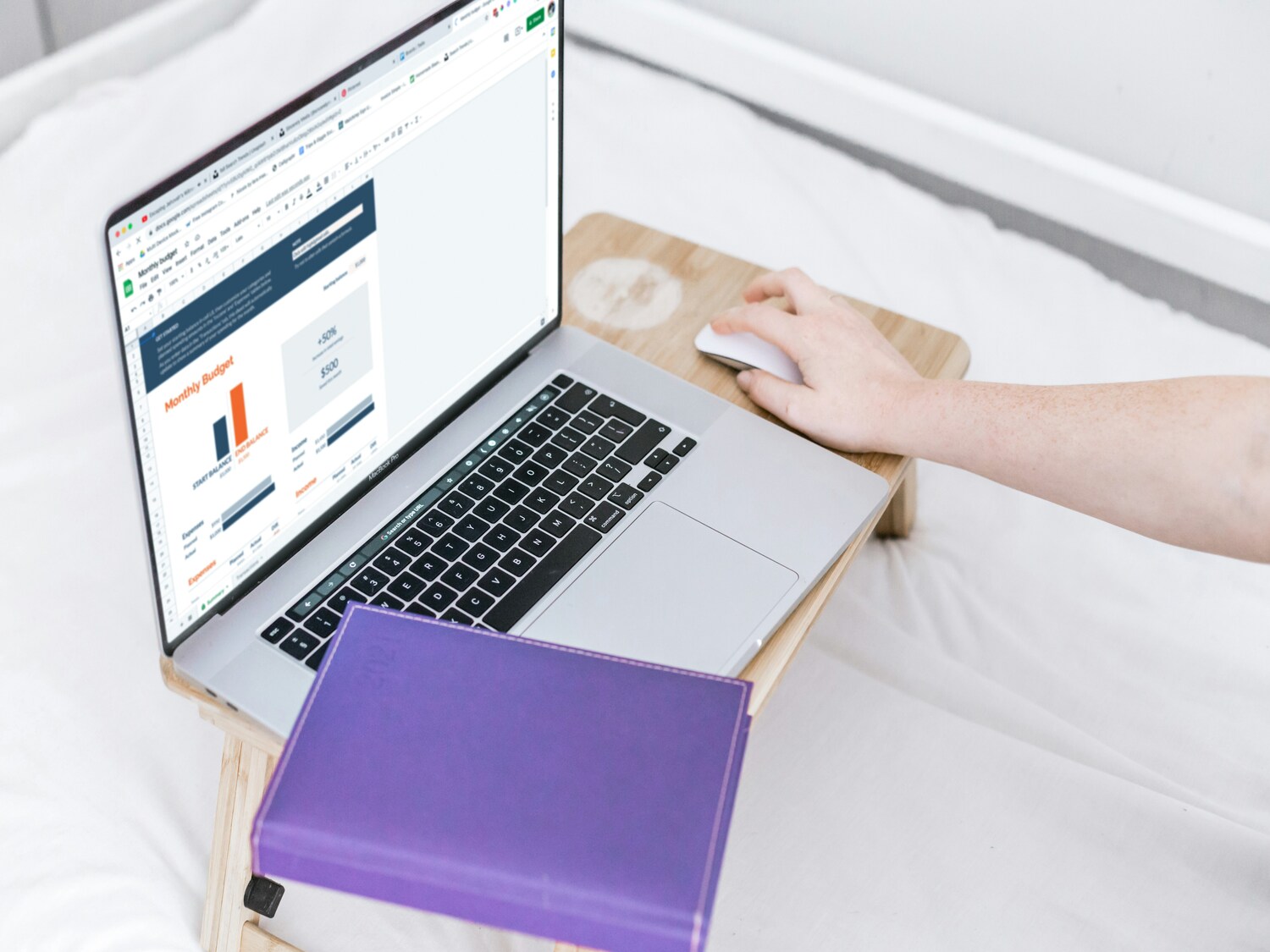
In a world obsessive about monetary independence, it’s tempting to imagine a free budgeting app is your final money-saving resolution. In any case, DIY instruments promise empowerment, visibility, and management over your spending. Many individuals eagerly obtain a glossy new finance app, arrange their accounts, and belief the method. However what if that app, regardless of its clear interface and guarantees of “good monitoring,” is definitely leaking cash behind your again?
The reality is that not all finances apps are created along with your finest pursuits in thoughts. Many include invisible worth tags, delicate nudges, or hidden biases that shift your habits in methods Wall Avenue doesn’t need you to note. These apps could not cost you outright, however they can price you in sudden methods. Listed below are seven truths about DIY budgeting apps that even seasoned savers are sometimes shocked to study.
1. “Free” Budgeting Apps Are Usually Promoting Your Knowledge
You’re not paying cash, so what’s the catch? With many free apps, the price is your private monetary knowledge. These apps quietly monitor your spending habits, financial institution exercise, and invoice historical past, then promote that knowledge (anonymized or not) to advertisers, insurers, or third-party companies.
Why does Wall Avenue care? This knowledge powers precision advertising and marketing, serving to monetary giants tailor gives that really feel custom-made for you however are designed to drive revenue for them. In the meantime, you get advertisements for high-interest bank cards or “really helpful” investments that will not serve your targets. Knowledge is foreign money, and you might be giving freely a gold mine.
2. Algorithms Don’t Perceive Your Precise Objectives
Most finances apps use AI-driven algorithms to categorize spending and counsel budgets. That sounds good…till it isn’t. These instruments hardly ever perceive your long-term targets, household state of affairs, or monetary values. For instance, they might flag charitable giving as “pointless spending” or counsel slashing prices which might be important to your well-being.
This sort of blind optimization can subtly strain customers into making short-term cuts that undermine long-term priorities. Wall Avenue’s fantastic with that. The extra anxious and transactional your relationship with cash turns into, the extra possible you might be to leap at high-margin merchandise or “prompt repair” gives.
3. In-App “Upsells” Encourage Monetary Overreach
Ever observed that after monitoring your finances for a number of weeks, your app all of a sudden gives a “premium” model with funding instruments, tax recommendation, or credit-score monitoring? These upsells typically include month-to-month charges or advocate third-party providers the place the app earns a fee.
What’s worse—these upgrades may push you towards merchandise that aren’t mandatory and even useful. From pay as you go debit playing cards to automated robo-advisors with hidden charges, it’s a brief stroll from “monitor your spending” to “spend cash on monitoring.” The irony isn’t misplaced on anybody, least of all of the establishments profiting out of your subscription.

4. Finances Apps Can Normalize Poor Monetary Habits
DIY finances instruments reward you for staying “below finances,” however they hardly ever ask why you’re below or over within the first place. In case your grocery finances is all the time low since you’re skipping meals or sacrificing diet, the app treats it as a win. Equally, constantly maxing out your “leisure” class isn’t flagged as regarding until you go over a preset quantity.
Over time, this will normalize unhealthy or unbalanced spending habits. As an alternative of being a instrument for transformation, the app turns into a digital enabler, shaping a distorted view of what wholesome funds appear like. Wall Avenue doesn’t thoughts in case your monetary planning app by no means teaches you to really construct wealth, as long as you keep consuming.
5. They Oversimplify Complicated Monetary Realities
Finances apps love colourful graphs and pie charts, however real-life funds aren’t all the time so neat. Variables like irregular earnings, caregiving prices, or medical bills don’t simply match into tidy templates. Apps typically fail to account for emotional spending triggers, monetary trauma, or systemic limitations to wealth-building.
This simplification makes budgeting look simpler than it truly is. If you inevitably wrestle to stay to the app’s framework, it might probably really feel like a private failure. However the issue isn’t you. It’s the instrument. And when that sense of failure hits, you’re extra more likely to hunt down expensive options, teaching subscriptions, or merchandise promising a contemporary begin. Once more, the business wins.
6. Some Apps Accomplice with Predatory Monetary Merchandise
Budgeting apps typically characteristic “gives” for credit score restore providers, payday advance instruments, and even crypto investments. Whereas these could seem useful, they’re typically paid placements designed to generate earnings for the app, not essentially to learn the consumer.
The extra your finances struggles, the extra useful you turn into to predatory monetary merchandise. Apps with affiliate agreements could gently push you towards choices that deepen your debt or compromise your monetary well being. It’s a quiet however efficient type of exploitation, and it thrives in your continued monetary confusion.
7. They Hardly ever Train You to Suppose Independently About Cash
Maybe the largest price of all? Finances apps can erode your confidence in your individual judgment. Over-reliance on automated options and scorecards could make you much less more likely to belief your instincts or study core monetary ideas.
Monetary literacy takes greater than automated notifications. It takes context, reflection, and human studying. DIY apps typically skip that step, leaving customers dependent and reactive slightly than proactive and knowledgeable. Wall Avenue doesn’t thoughts. A much less assured client is a better one to affect.
Your Budgeting Instrument Shouldn’t Be Your Monetary Puppet Grasp
Budgeting apps generally is a nice begin, however they’re not the entire story. In case you’re relying solely on a free instrument with out understanding its motives, algorithms, or earnings mannequin, you possibly can be paying a excessive worth with out realizing it. Simply because it’s digital doesn’t imply it’s impartial.
As you consider your instruments, ask your self: is that this app empowering me or directing me? Is it simplifying my funds or oversimplifying my monetary life? As a result of the perfect monetary plan isn’t present in an app. It’s the one which aligns along with your values, adapts to your life, and helps you construct actual, sustainable wealth, not simply monitor it.
Have you ever ever uncovered a hidden price or shady upsell in a budgeting app you trusted? What do you search for in a monetary instrument right this moment?
Learn Extra:
10 Money-Again Apps Hiding Auto-Apply Codes You’ve By no means Tried
10 Fashionable Buys Fuelled by FOMO That Are Quietly Wrecking Your Finances